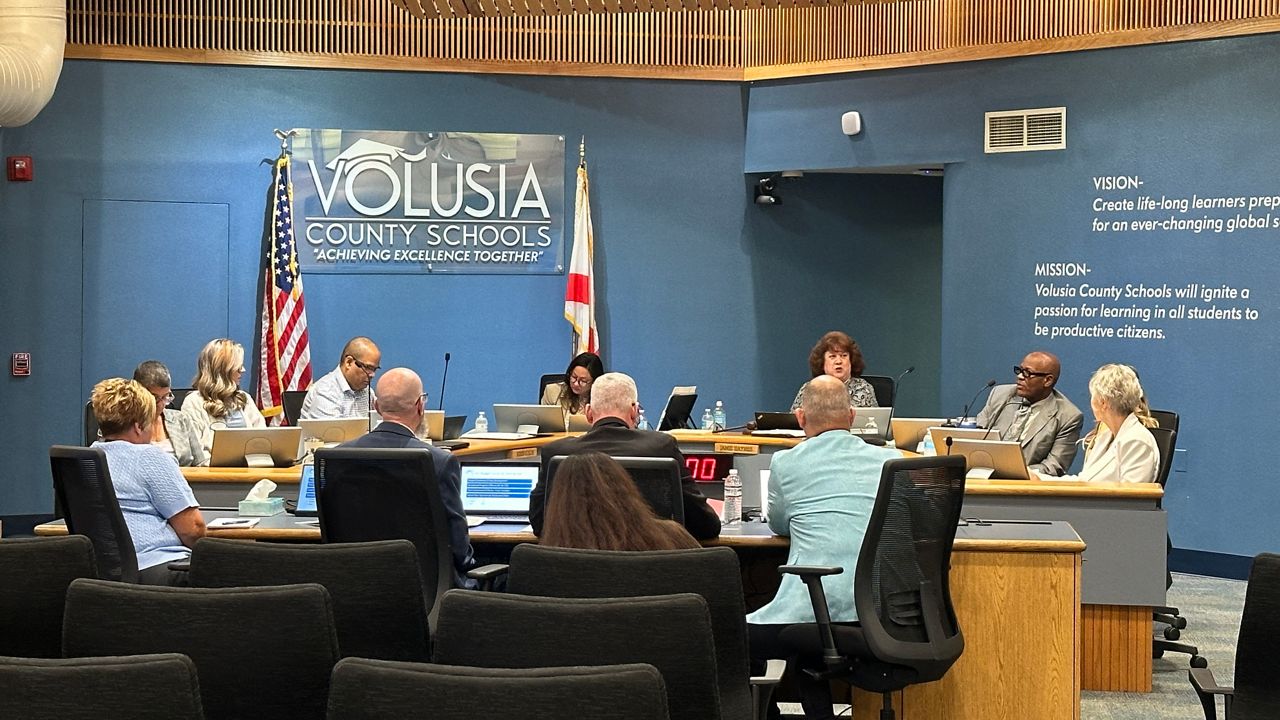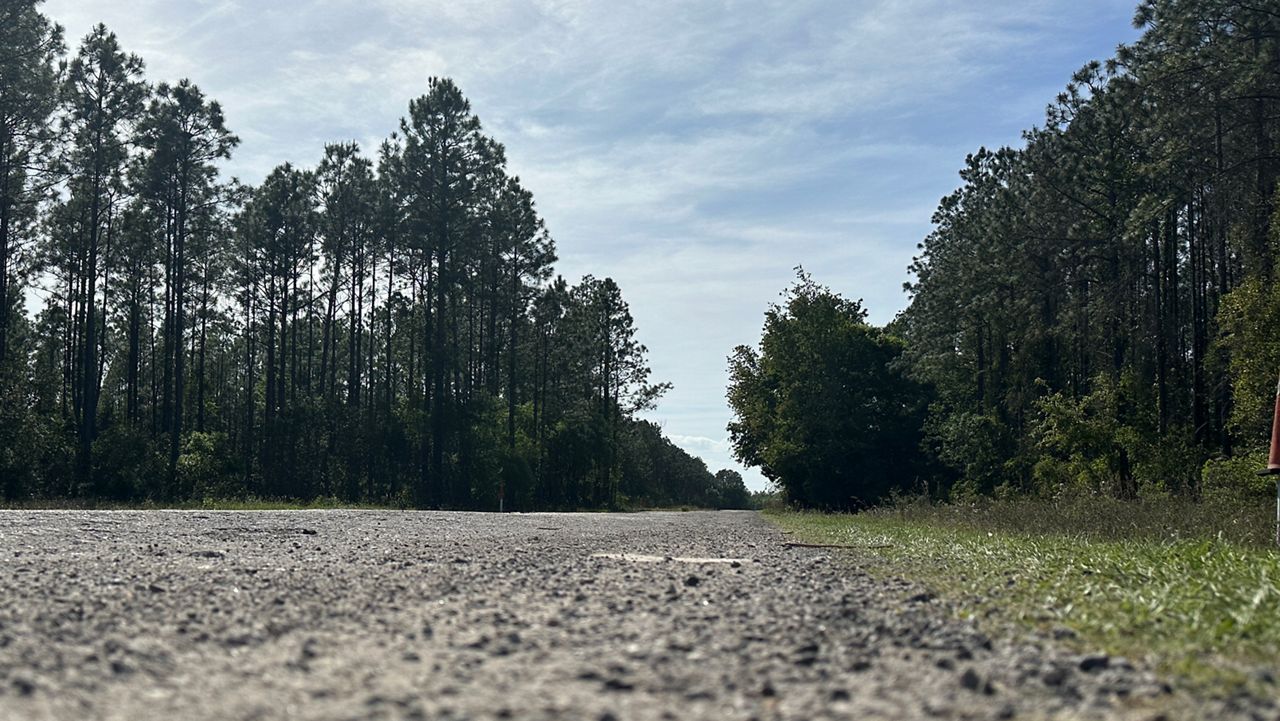VOLUSIA COUNTY, Fla. — With a room full of residents, the Volusia County Council heard from dozens during almost three hours of public comment regarding the dissolution of several advisory boards.
Advisory boards are filled with citizens from different backgrounds and areas of expertise who volunteer their time to make recommendations to the council on several topics. The county currently has 30 advisory boards.
The discussion stemmed from a County Council meeting on Dec. 5, 2023, when the council directed staff to bring back a list of advisory boards that are able to be sunset or combined.
Dozens of Volusia County residents speaking during public comment regarding the potential dissolution of several advisory boards including the Animal Control Board, Cultural Council, Environmental and Natural Resource Advisory Committee, Library Advisory Board. @MyNews13 pic.twitter.com/aVWJH0Flz1
— Massiel Leyva (@LeyvaMassiel) March 5, 2024
The list included the Animal Control Board, the Library Advisory Board, the Cultural Council, the Environmental and Natural Resource Advisory Committee (ENRAC), the Code Enforcement Board, and the Business Incubator Advisory Board.
After listening to several ENRAC members and residents who support the committee, the council voted unanimously to keep the Environmental and Natural Resources Advisory Committee in place and look at their priorities to focus their efforts on addressing stormwater and flooding issues.
“Probably 200 people here all advocating for different boards but advocating for the citizens to have a voice in our government,” County Chair Jeff Brower said. “When this came up, it was said by one of the council members, let’s start with ENRAC. They wanted to get rid of ENRAC, one of the most important, most critical boards that we have. The public just changed his mind.”
The Environmental and Natural Resources Advisory Committee has a total of 14 members who are tasked with providing input on policy and goal setting as well as ordinance implementation regarding growth management, environmental resource management, and development. They also work with county staff in recommending minimum standards for the protection of the environment under applicable provisions of the Volusia County Charter.
“The county council does need to know what ENRAC has done,” Chair of ENRAC Melissa Lammers said. “We do not agree on everything. We don’t march in lockstep. We try to find solutions. And I think that is the best about our community, and I am very proud of all the members of ENRAC, and I thank them for their service to our community.”
The council also moved to keep the Cultural Council, which was created in 1989, in place and come up with recommendations on how to bring in new organizations.
The Volusia County Council traditionally has appropriated more than $600,000 in operating grants for local cultural and heritage organizations. This funding has enabled the Cultural Council to provide support to more than 30 cultural and historical organizations.
Chairman of the Cultural Council George Pappas says the work members of this council do, especially the hours spent working on grants, is crucial for the development of the arts in this community.
“And more importantly, to allow the citizens to participate. Ever since ancient Athens, the citizens have participated. That’s what democracy is, and that’s what these advisory boards help us do. We don’t want just nine guys controlling things. We want the community to have a say in it,” Pappas said.
Council members voted to replace the Code Enforcement Board with a special magistrate due to a current lack of participation on this board.
In terms of the Library Advisory Board, the Animal Control Board and the Business Incubator Advisory Board council members voted to have staff bring back information on what their dissolution would look like.
In the case of the Animal Control Board, the county asked to get details on how they can get expertise on the subject without an official advisory board. They suggested the possibility of creating an ad hoc committee in the case of rewriting ordinances, in which case they would outreach into the various organizations in the community with expertise on the topic.









